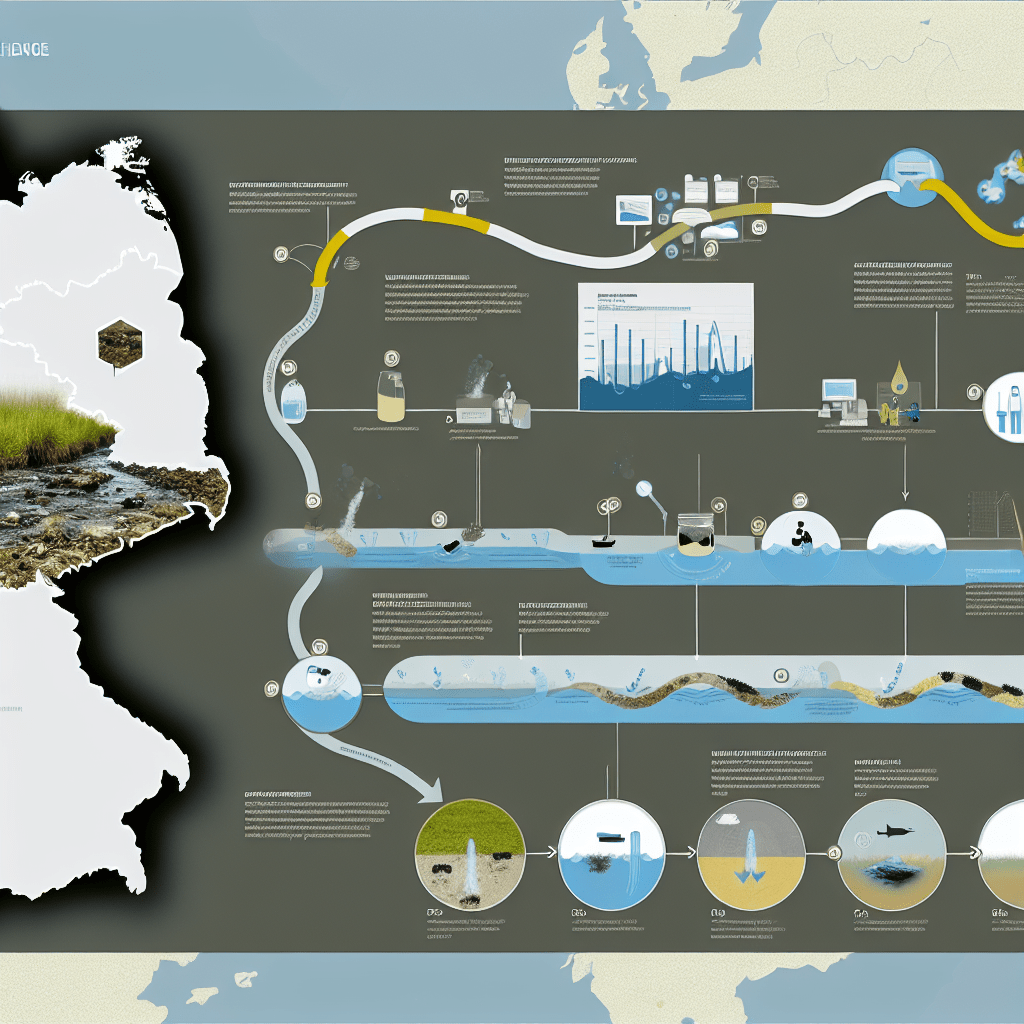”
Despite boasting some of Europe’s most significant rivers, Germany faces a relatively lesser-known issue of water quality. This article endeavors to dispel the fog surrounding Germany’s water quality challenges, their root causes, and potential measures towards rectification.
With rivers such as the Rhine and Elbe coursing through the country, Germany grapples with water quality issues resulting from industrial pollution, agricultural runoff, legacy pollutants, and the escalating impacts of climate change.
Common pollutants in German water bodies range from nitrates, phosphorous, to persistent industrial substances. These contaminants not only harbor threats to human health but also impact local aquatic ecosystems and place a strain on wastewater treatment facilities.
Germany’s commitment to clean waters is reflected in its adherence to the European Union’s stringent Water Framework Directive and the country’s Federal Water Act. However, these measures haven’t fully assuaged the persisting issues, necessitating a nuanced and holistic approach.
Improving Germany’s water quality calls for more rigorous pollution controls, implementation of sustainable agriculture, innovative wastewater treatment techniques, and robust planning in response to climate change.
Public awareness and participation are essential allies in this struggle. Initiating campaigns highlighting the importance of maintaining water quality and the role citizens can play in preventing pollution can trigger considerable changes in attitudes and actions.
In conclusion, although the journey towards pristine water quality in Germany appears challenging, it is not an insurmountable task. With robust regulation enforcement, technological innovations, and public commitment, Germany can navigate its way towards clean and safe waters for all.
By FountainGO!

